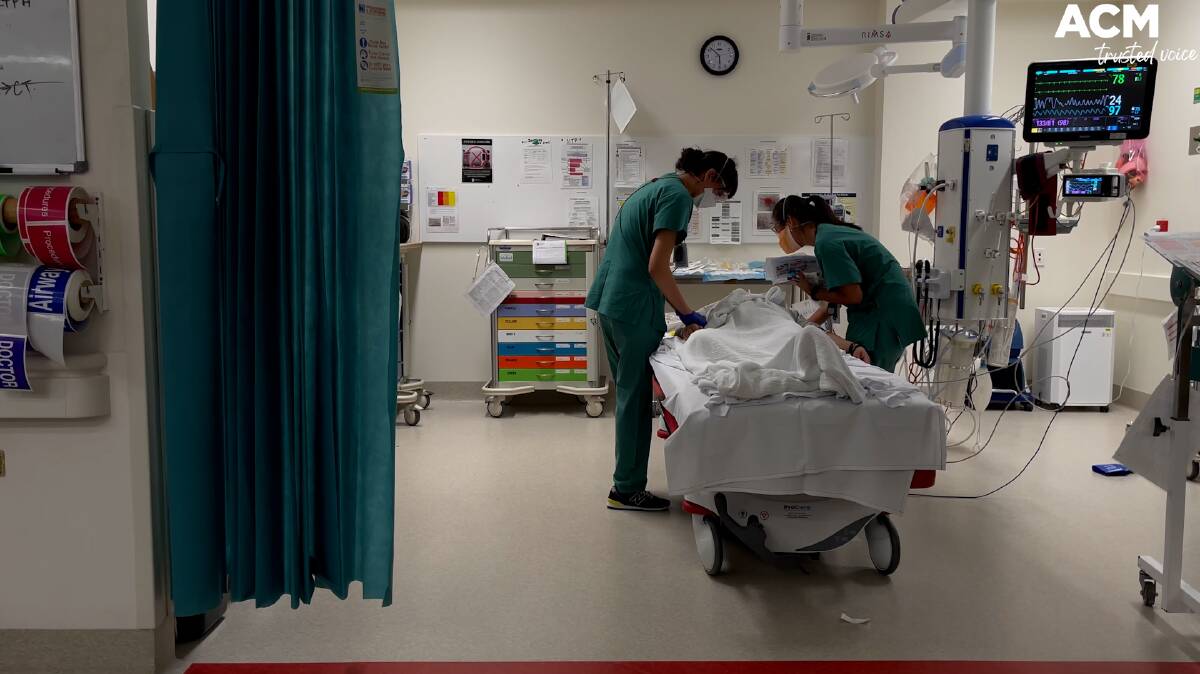A study of COVID-19 patients in the United Kingdom has suggested certain genetic markers may be able to determine the likelihood of suffering long-COVID symptoms.
Published in the journal, Nature Communications, the study collated the experiences of 6,907 self-reported COVID-19 cases, and 1.1 million electronic health records from across the UK.
Unsurprisingly, the study found a general increase in long-COVID symptoms among those who had previously suffered asthma and other related health conditions.
The samples also indicated that the likelihood of suffering COVID symptoms long after diagnosis and recovery, was more likely among women, caucasians and the elderly.
It suggested that white women aged between 50 and 60 might be the worst hit with lingering symptoms.
READ MORE:
Tasmania-based infectious diseases expert, Professor Katie Flanagan, told ACM that while the initial reports are interesting to note, very little is still known about the lingering effects of COVID-19.
"There's a suggestion that people with co-morbidities, so let's say chronic renal disease, cardiovascular disease, respiratory disease, have got a greater tendency to develop long-COVID," Professor Flanagan said.
"But in fact many completely previously healthy people are developing long-COVID that don't have any comorbidities or factors at all.
"And it's still not absolutely certain whether there are major comorbidity risk factors."
Especially when it comes to determining which circulating variant has a higher chance of resulting in long-COVID, Professor Flanagan said, the data is still too limited to know.
"Well, we don't really know at the moment, of course, about the Omicron variants very well because we haven't had them around for long enough to see if we've got a signal that it's worse," Professor Flanagan said.
"But we know right from the original Wuhan strain that around seven to 10 per cent of patients is what it's looking like will actually go on to develop long-COVID."

Despite this, a study released by The Lancet journal suggested that among preliminary sets of data, Delta is more likely to lead to long-COVID than Omicron.
Of the sampled 56,003 people in the survey, 45 per cent (or 2501) with Omicron infections registered lingering symptoms, compared to 4469 of the 41,361 people with Delta infections.
"Overall, we found a reduction in odds of long-COVID with the Omicron variant versus the Delta variant of [ratio] 024-050 depending on age and time since vaccination," the study concluded.
READ MORE:
Professor Flanagan told ACM one of the clearest indicators of long-COVID determinants at this point was the individual's uptake in the vaccine.
Simply put, the earlier you had your vaccination, the less likely you might have been to develop long-COVID symptoms.
"Actually [it] has been shown that if you've been vaccinated first you have about a 40 per cent decrease in your risk of getting long-COVID," Professor Flanagan said.
"So if you were lucky enough to get your vaccines in early, you're probably less likely to get long-COVID.
"And there's also data that suggests that if you get vaccinated, when you've got long-COVID symptoms, so you've got ongoing symptoms and you're unwell, in some cases it looks like it's actually stopped the long-COVID symptoms, but certainly in other cases it reduces the severity of those symptoms."



